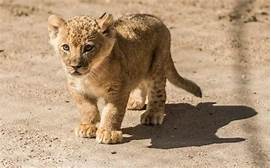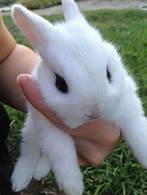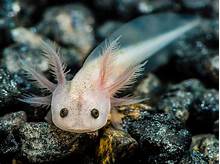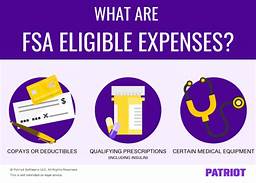How Much for a Pet Lion
Lions are majestic and powerful creatures that have captured the imagination of humans for centuries. While the idea of owning a lion as a pet may seem exotic and exciting, it is essential to consider the significant costs, complex care requirements, and ethical concerns associated with keeping a wild animal in captivity.

The Cost of Owning a Pet Lion
1. Initial Purchase Price: The price of a lion cub can vary depending on the breeder, lineage, and location. On average, lion cubs can cost anywhere from $1,500 to $15,000.
2. Ongoing Care Expenses: Lions require a specialized diet, including high-quality raw meat, bones, and supplements. The cost of feeding a lion can range from $2,000 to $5,000 per year.
3. Veterinary Care: Lions require regular veterinary checkups, vaccinations, and treatment for any illnesses or injuries. Veterinary expenses for a lion can easily exceed $1,000 per year.
The Care Requirements for a Pet Lion
1. Habitat: Lions need a spacious and secure enclosure that meets their specific needs. This includes a large outdoor area with plenty of room to roam, a sheltered indoor area, and a separate space for a den.
2. Diet: As mentioned earlier, lions require a specialized diet that is high in protein and low in carbohydrates. It is crucial to provide a balanced diet that meets all of the lion's nutritional needs.
3. Socialization: Lions are social animals that need regular interaction with other lions or humans. They require daily exercise, mental stimulation, and opportunities to engage in natural behaviors.
The Ethical Concerns of Owning a Pet Lion
1. Wild Animals Belong in the Wild: Lions are wild animals that have evolved to live in their natural habitats. Keeping them in captivity can deprive them of their freedom, limit their ability to engage in natural behaviors, and expose them to unnatural living conditions.
2. Safety Risks: Lions are powerful predators that can inflict serious injury or even death on humans. Even when properly trained, lions retain their wild instincts and can become unpredictable.
3. Conservation Concerns: Lions are an endangered species facing numerous threats in the wild. Keeping lions as pets can contribute to the decline of their populations by removing individuals from the wild and potentially introducing diseases or genetic problems.
In conclusion, the cost of owning a pet lion is substantial, and the care requirements are complex. However, the ethical concerns associated with keeping wild animals in captivity outweigh any perceived benefits. Lions belong in their natural habitats, where they can live freely and express their natural behaviors without the constraints of captivity.Declaration: All article resources on this website, unless otherwise specified or labeled, are collected from online resources. If the content on this website infringes on the legitimate rights and interests of the original author, you can contact this website to delete it.





